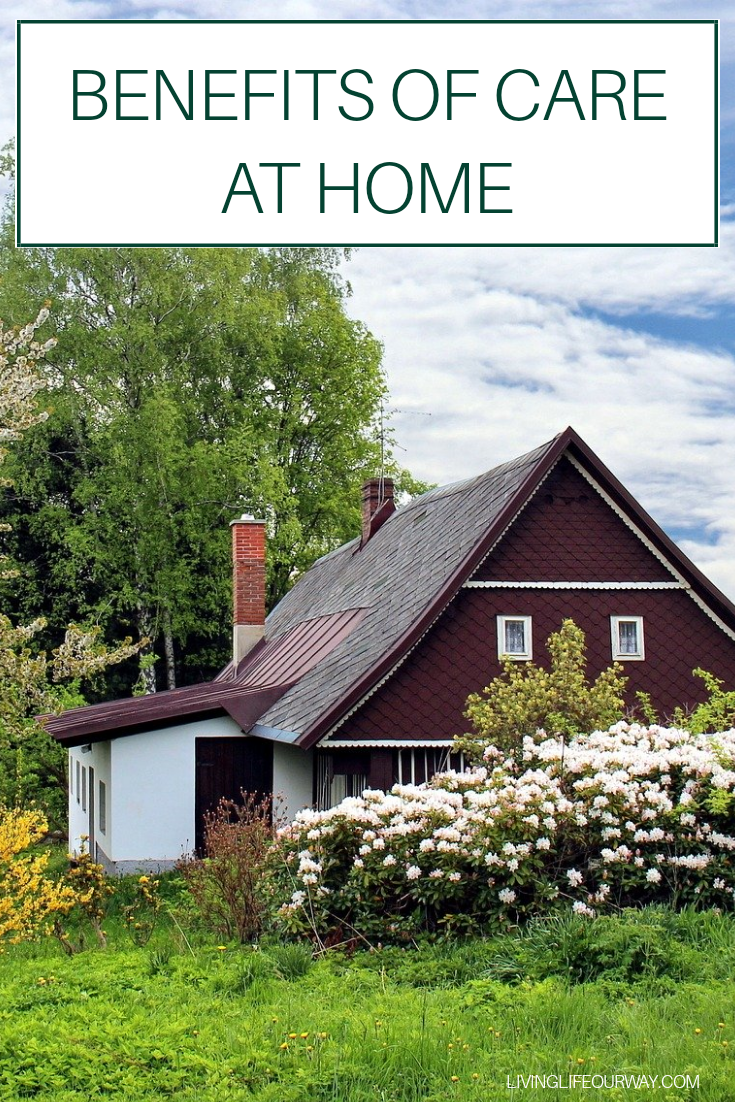We may not want to think about what will happen to our loved ones when they become unable to live independently and take care of themselves. Or when the help they need becomes beyond what is manageable for family and friends to assist with by themselves. Residential homes are of course an option, but some people resist against these. Yet, at the same time, having carers visit daily just isn’t enough. If this is the situation and money allows, it might be worth considering care at home. For example, Country Cousins provides essential emotional support for the elderly, practical care assistance and help with household tasks.
Benefits of Live-In Care at Home
There is an undeniable truth when it comes to caring for vulnerable people; disruption can cause upsets. That isn’t to say that change should be avoided at all costs; sometimes it is essential. But it does mean that when you have a duty of care, consideration on the impact of disruptive decisions to the care-receiver is paramount. To not do so, is to risk causing psychological harm by not considering their independence or wants. That sounds harsh and of course there is context to consider but generally that is the case.
We do sometimes find ourselves having to consider options in terms of care though. The nature of certain conditions and the impact on those around us can mean that a loved might not be able to look after themselves and need more support than can be offered. Live-in care is one such consideration you might need to make.
Minimised Disruption
Truthfully, when things have taken a turn like this, there is no disruption-free solution. Specialised homes can be brilliant, but may also provoke new issues and anxieties in some cases, so may not be the best decision. 24/7 care takes some getting used to, but having this in a familiar environment is incredibly beneficial. With conditions like dementia it typically helps reduce some of the confusion and disorientation that comes with the disease. Care in this form also avoids the difficult task of having to rummage through the home categorising, sorting and trying to work out what can stay and what can’t.
Easier to Stay Involved
With care homes comes an infrastructure and some degree of politics. Of course, this can be a benefit too. But depending on what you are looking for, you may find yourself wanting or needing to be more involved. Live-in care more naturally enables this. Coming and going is much simpler and you’ll be able to work closer with the carer in question. What’s more is it will be much more efficient for you to visit at times comfortable with you and fit into your loved one’s life in a comparable way to prior.

Independence Is Encouraged
The duty of any carer is to enable independence is whatever way they can; feeling independent is a very human act. Being unable to will often leave the care-receiver feeling unhappy, frustrated and inadequate. Live-in care is specifically built with quality of life in mind. Furniture, objects, and routines can all be maintained – as can schedules and meet-ups.
Pets
Live-in care ensures that pets and people can continue their pre-existing relationship. Naturally, this is better for all involved. If your loved one can’t tend to their animal companion(s) at any time, then the carer will be able to help too; enabling this relationship to continue.
One-to-One Care
Naturally, consistent faces in consistent places encourages a higher degree of stability. Having a carer at home focused solely on the receiver and not split across other vulnerable people should translate to a better quality of care.
If your loved one needs more help than they are getting, do consider options carefully. The right choice for one is not always best for another. It is often a tough and emotional decision, so try to talk it through with others if you can. Above all else, take the person’s needs and wishes into equal consideration too of course.
*This is a collaborative post


Definitely benefits of care at home !
Im my dads live in carer – can be stressful especially during these unpredictable times – very rewarding and means he still king of his own castle